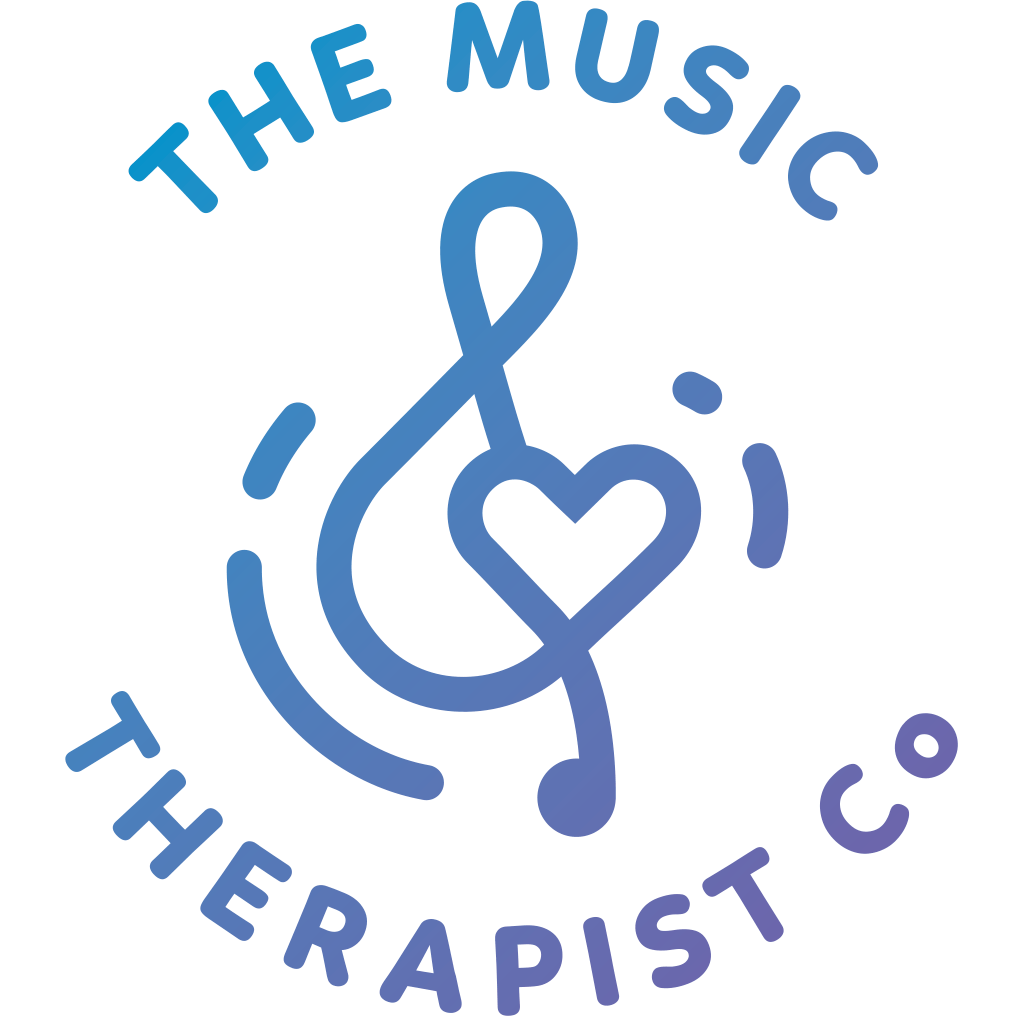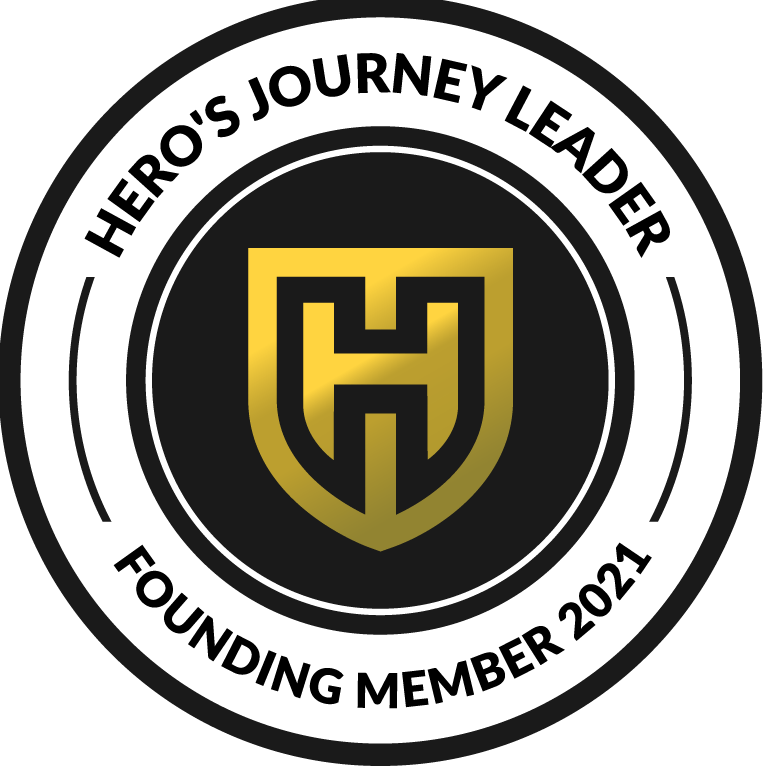Self Development & Music Therapy - Part 2
Self Development & Music Therapy - a 4-Part series
Part 2
Music can be detrimental to a person so we have to use it with caution. Most people think that it’s just music, but no, it’s more than that! I’m sure you can think of a genre of music that you don’t like or that makes you cringe a little. The structure and frequency of the music is important. Sound waves are set up in hertz. Throughout history, in Western music, we tune the ‘A’ note to the 440 hertz which is “4 clicks” low. It needs to be just a little bit higher in pitch to be 444 hertz instead in order to be truly therapeutic. It’s interesting because the 440 is just a little bit off and it makes music just a little bit chaotic. It’s not that it’s wrong or bad, but it’s just that it’s not as therapeutic.
Back in the Georgian era they used chants to heal people because they used the frequencies and they understood what that meant. But, Pope Gregory decided that was “too holy” and they needed to stop it because the ‘common man’ was not holy enough to experience it properly. He pulled all the chants out of circulation and locked them up in the Vatican and didn’t allow the public to have access to them. After that, music started to change. It’s interesting when you start to examine what happened in those years.
When we talk about how music can be detrimental to a person I think we can all relate to this example. When I’m driving and come to a stop light, sometimes I can hear the bass of the car next to me. When you listen to the lyrics and they are usually derogatory, hate filled, and chaotic. People will say, “Yeah, it’s nothing but noise.” But, it really does resonate with some people that are hurting because all they can think of is their pain. When they listen to that hate filled music, they think they are feeling better because that person that they’re singing about is feeling worse than they are. Then, you focus on that and activate the reticular activating system. This is the term for the thing that happens when you focus on something. For example, if you wanted to buy a red Toyota and you haven’t ever seen one before but you looked in a catalog and saw one. Then, all of a sudden you are seeing them all over the place. Another example would be if you are talking to someone in a crowded, noisy room and you can hardly hear each other. But then, someone says your name from across the room and you can hear that as clear as day. Your reticular activating system is important because it keeps you alive and focused, so when you use music that is hate filled and derogatory it becomes what you focus on. Your brain is grabbing onto that thinking that’s what you want to think about and focus on - making it hard to see the positive, the good, and the upright.
I have sessions with some kids that are in a juvenile detention center. I asked them each to give me some songs they liked so I could screen and use them. I was shocked at the music and the lyrics they listen to and know. The brain uses it as a therapeutic tool, so it grabs on to music first because it’s easy and it activates both parts of the brain so it thinks it’s an important thing.
There are some people that when they are working on something they need the room absolutely quiet and others need something going on or they cannot focus. It’s so interesting because everyone is unique and different. That’s why it’s important to have a Music Therapist when you are working through troubles, so you have someone to help guide you. My advice to people who need noise when they are working is to be careful about what you are listening to. Even though you might not notice what the background TV show or song is saying, your brain is hearing that. Instead, I would recommend turning on some instrumental music in the background. You can choose music to match the task at hand. For example, if you are cleaning your house, you might want something that is faster paced and upbeat.
Kenny says, “I don’t usually have this problem, but sometimes I feel a little down or unmotivated and need to get some things done. What would you suggest?”
The Iso Principle is a Music Therapy term that means taking a person from where they are to where they want to be. So if your mind is feeling hectic, maybe you’d like to start with music that represents that but then move and transition to something that is calmer to get you to that state. My advice to Kenny was to put on some slower music and allow himself to feel that way for a song or two. It’s important to acknowledge and allow yourself to feel a certain way. It’s healthy when you recognize that, but then the next song you listen to you’ll pick the rhythm up a little bit and then even a little more for the song after that. Give yourself permission to feel how you feel and know that emotions do not dictate who we are as human beings, but are merely a piece of who we are. Emotions are given to us so that we can have compassion and awareness of one another because we are herd animals, so we need to be social. We are designed to be with each other.
Kenny: “Tell us a little about how and why you became a Music Therapist.”
To become a Music Therapist you need a five year degree in college as well as six months of a full time internship under a board certified therapist. Then, we need to pass a national board certification exam that takes about six hours. It’s a very rigorous training program but there are many that go back for their masters degree or a doctorate degree. There are some different groups of study for the different advanced degrees as well.
When I was very small my father was killed in a car accident. My mother was a music teacher and when I was 18 she died of a heart attack. I knew I wanted to go into music education after that. I went to school for about a year but did not like it. I got married and moved to Eau Claire, WI and took a class at the university. That’s where I first heard about Music Therapy. I sat down with one of my professors to learn more about it and found it would be an excellent fit!
I knew I didn’t want to be a music teacher because I’m not a performer. When I was younger, I wanted to be a psychologist. Music Therapy was such a good marriage of my skill set. At the time, the University of Wisconsin - Eau Claire had the #3 program in the country for Musi
c Therapy and had just built its own state of the art facility. I got my degree in 1986 and in 1990 the American Music Therapy Association was formed and from there the board certification exam was created. I was one of the first few people to sit for that exam. Over the last 30 years or so, Music Therapy has become much more mainstream and there are many more jobs available now for Music Therapists. For example, in the United Kingdom, many of the nursing homes have MP3 players with prescribed music on them to give to the people there which has also dramatically decreased the amount of medications that they have to give to those people. Music and Memory programs have become more popular in nursing homes as a therapeutic tool and it’s been very exciting to see that process.
Kenny says, “It sounds like we are making huge strides in the field but it sounds like we still have a lot of room to improve. I think it’s a much better alternative to using medications because it’s something natural that relies on the way the brain is structured and communicates with itself - and there are no side effects!”
This concludes the first half of The Davinci Mindset Podcast. Be sure to sign up to our mailing list to be notified when the second half of that podcast comes out! Kenny and I will be discussing the journey to self development in the second half and I think there are some wonderful action items you can implement right away!
If you’d like to jump right into it or if you would prefer to listen, you can access the podcast at this link: https://spoti.fi/2MrZZ5V.
#podcast #musictherapy






